There are few doubts that the world we live in is magnificent. However, at the same time, it’s also stranger than we could ever imagine. Aside from the fact that it’s the only planet believed to support life, it has plenty of various quirks, from uncommon natural phenomena to inherently strange organisms that call it home.
If you’re curious to know more about the peculiarities of our world, the Facebook page ‘Unusual Facts’ has your back. The range of these tidbits of information is so wide that there’s bound to be something for everyone. Scroll down to find them, and be sure to upvote the ones that surprised you the most.
While you’re at it, don’t forget to check out a conversation with Mark Janes, a chartered biologist, scientist, and author of 14 books who kindly agreed to share the most unusual fact from his field of expertise.
#1

Image credits: Unusual Facts
#2

Image credits: Unusual Facts
#3

Image credits: Unusual Facts
From his 34 years in the field of science, chartered biologist Mark Janes finds that the most peculiar thing about our world is that life, at its heart, is ridiculously simple, even though it doesn’t seem that way.
Such realization dawned on him during his first lecture studying organic chemistry at college. “The lecturer said organic chemistry was the bedrock of the life sciences and carbon was the star of the show. He went on and on and on about how carbon was the backbone, core, or blueprint of life and had incredible properties.”
#4

Image credits: Unusual Facts
#5

Image credits: Unusual Facts
#6

Image credits: Unusual Facts
Once the lecturer moved on to draw a typical diagram of a carbon atom, Janes thought to himself, "Ok, if carbon is the blueprint and base of all life, do I look like anything like this image?”
The lecturer started explaining it by saying, “Carbon has a nucleus with 12 particles,” and Janes thought, “Well, my brain is clearly the nucleus of my body, and it breaks down to 12 cranial nerves; the numbers matched.”
#7

Image credits: Unusual Facts
#8
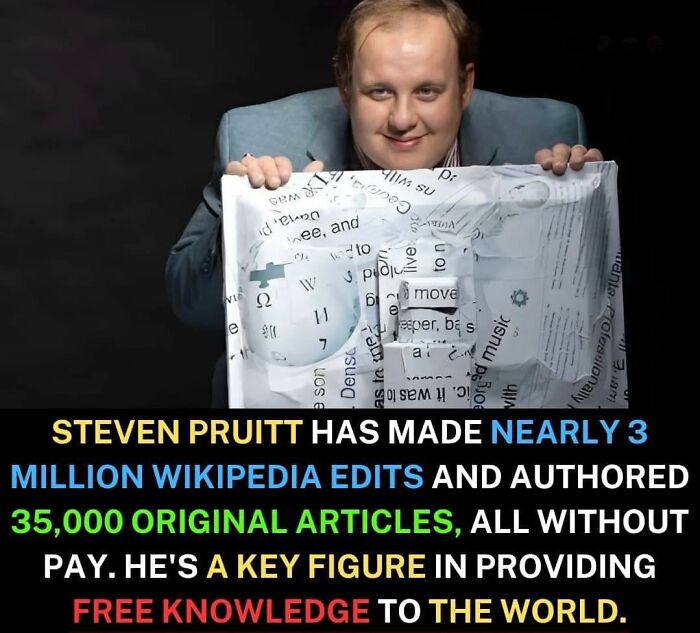
Image credits: Unusual Facts
#9
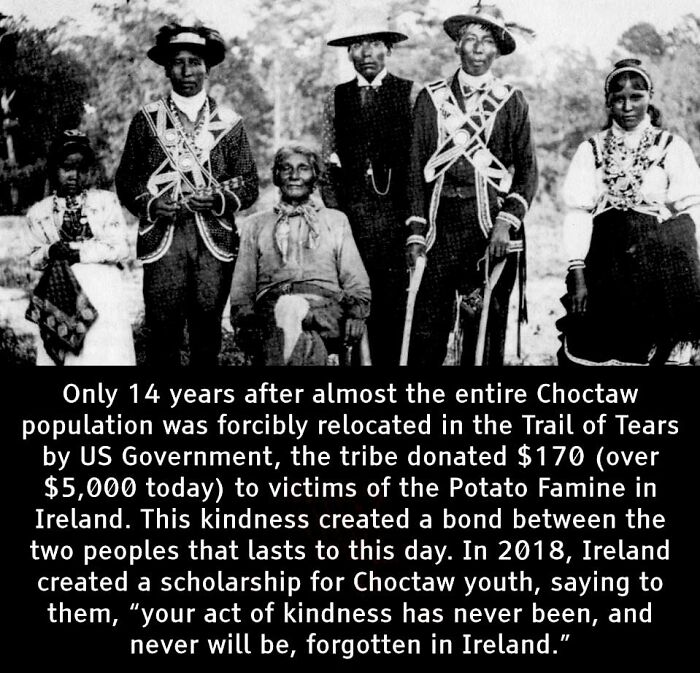
Image credits: Unusual Facts
He continued telling the story, “Then he said, 'Then the nucleus is housed in the ground state of the atom.' And I thought, 'My head (nucleus) is attached to my torso, which seems to be the ground state of the body.' Then he said there is another region outside of the torso called the 'valence shell'."
#10

Image credits: Unusual Facts
#11

Image credits: Unusual Facts
#12

Image credits: Unusual Facts
"He said carbon has four bonds, or limbs, and I had four limbs bonding to the surroundings in a shared, covalent way. The valance shell also breaks down into eight parts, four from carbon and four others from other atoms, making eight called the octet rule. I realized my limbs had an upper and lower part, making eight. Everything fitted, and there was a lot more than that.”
#13
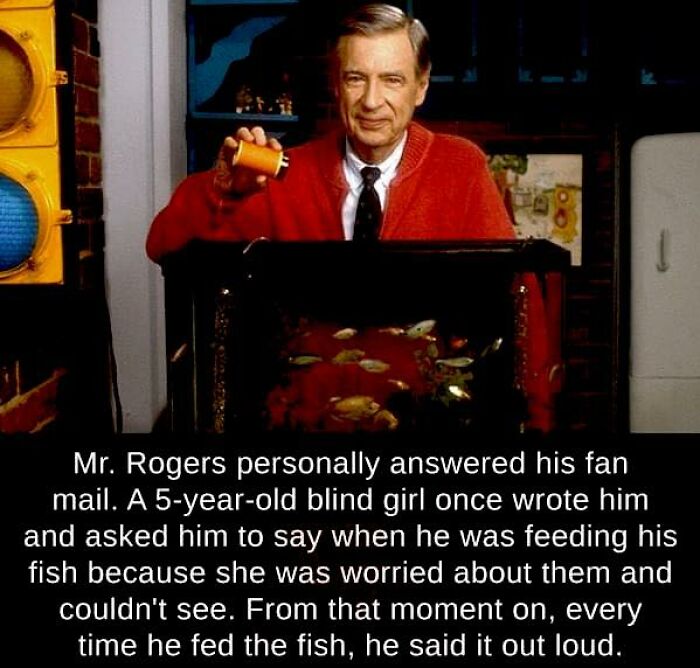
Image credits: Unusual Facts
#14

Image credits: Unusual Facts
#15

Image credits: Unusual Facts
Such a correlation between humans and carbon made Janes discover that “life is the amplified fractal geometry of carbon; life is a unique situation where carbon can effectively grow bigger. Not literally, but through its chemistry. This theory is called 'The Theory of Carbonology'. It is a grand, unified theory that explains ALL anatomy and physiology."
#16
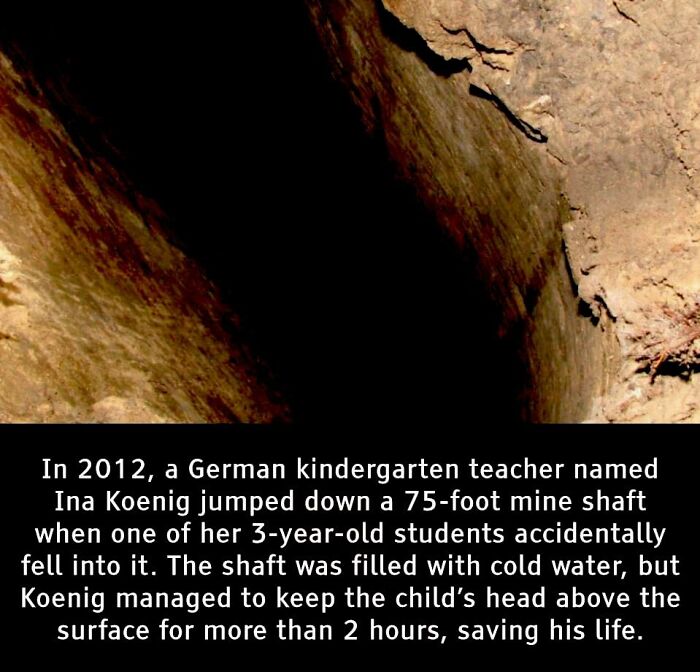
Image credits: Unusual Facts
#17

Image credits: Unusual Facts
#18

Image credits: Unusual Facts
Janes is the formulator of a universal theory of life called the ‘Theory of Carbonology’ and has written 14 books on this subject. He presents the theory in a way that is both comprehensive and accessible and supported by a wealth of compelling evidence, including ourselves.
#19

Image credits: Unusual Facts
#20
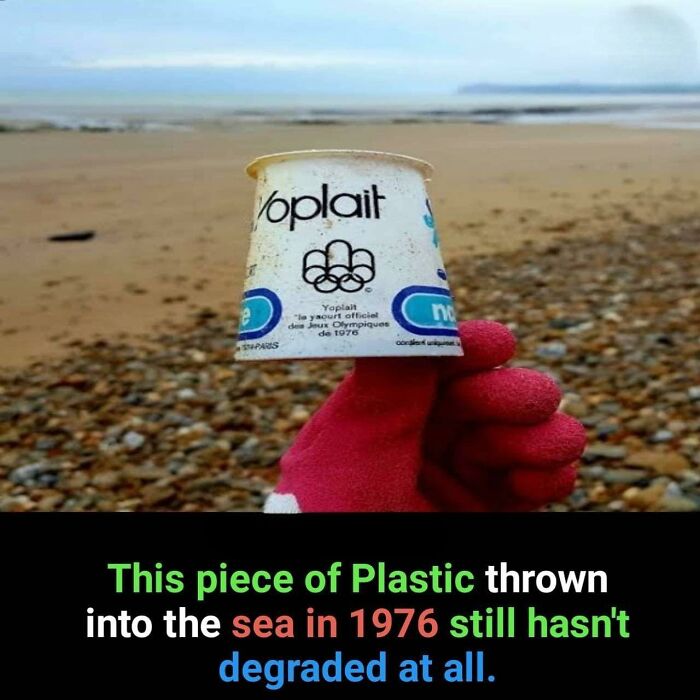
Image credits: Unusual Facts
#21

Image credits: Unusual Facts
One of his books, Carbon's Quantum Call!, provides a simple yet extensive explanation of carbonology and carbonomics, the new version of biology. “This is not just for scientists but for everyone,” Janes notes. “After all, biology is no more in light of this—it's carbonological life now! A more precise and simpler description of life.”
#22

Image credits: Unusual Facts
#23

Image credits: Unusual Facts
#24

Image credits: Unusual Facts
Since the science world is hesitant to take on new theories and explanations, Janes has his own show on Canalside Radio on Tuesday evenings at 8 pm, where he spreads the word about it. And as he told us, he’s looking for maximum impact to share the information about carbonology.
#25

Image credits: Unusual Facts
#26
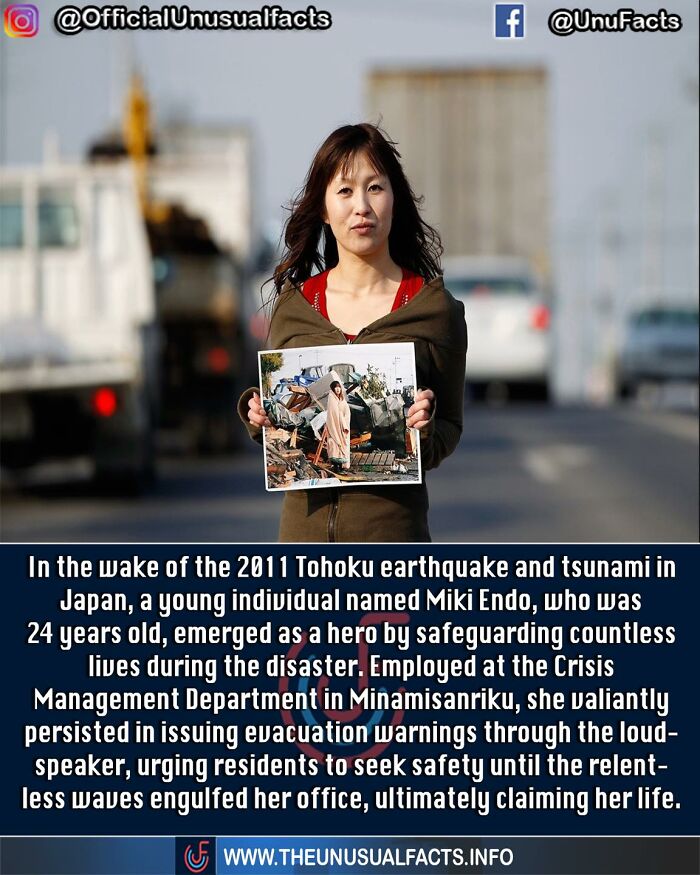
Image credits: Unusual Facts
#27
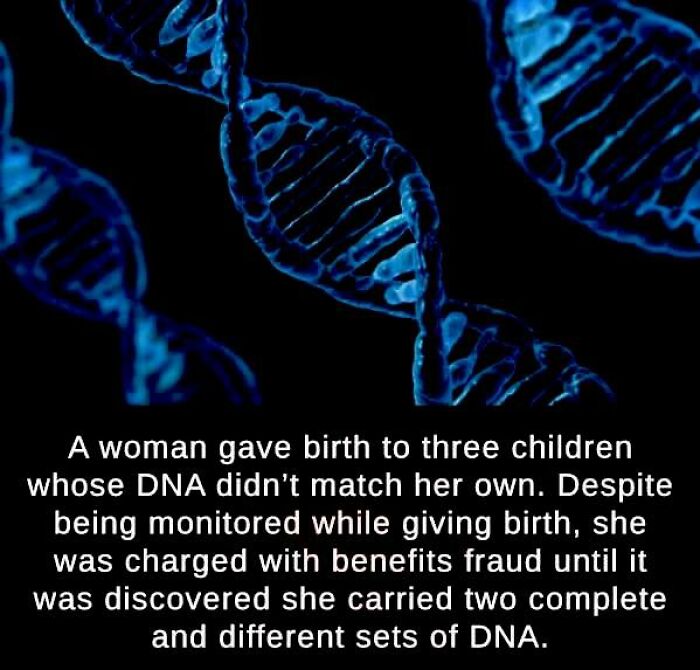
Image credits: Unusual Facts
When we asked Janes what scientific mystery he would solve if there were no limits, he told us that he already succeeded in his dream of finding out the enigma of life, which now he knows is basically carbon and its activities through its chemistry. “So I found a strong answer to my question.”
#28

Image credits: Unusual Facts
#29
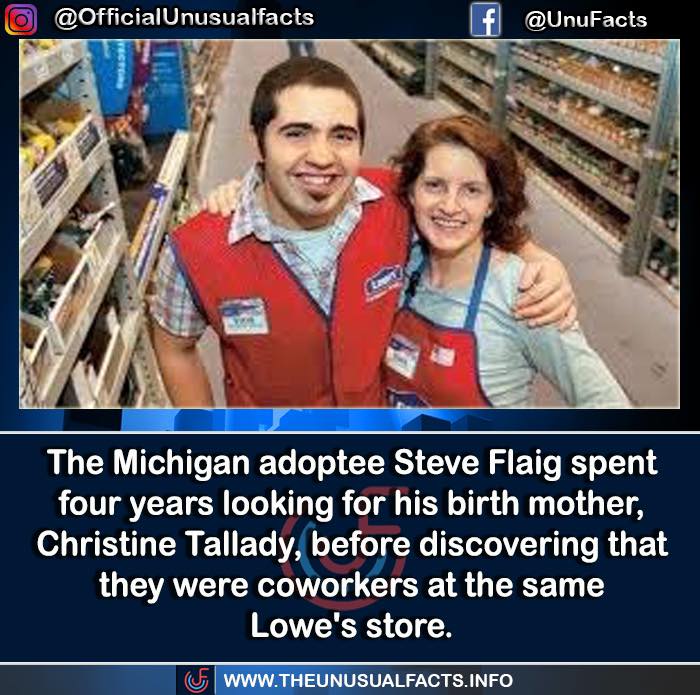
Image credits: Unusual Facts
#30
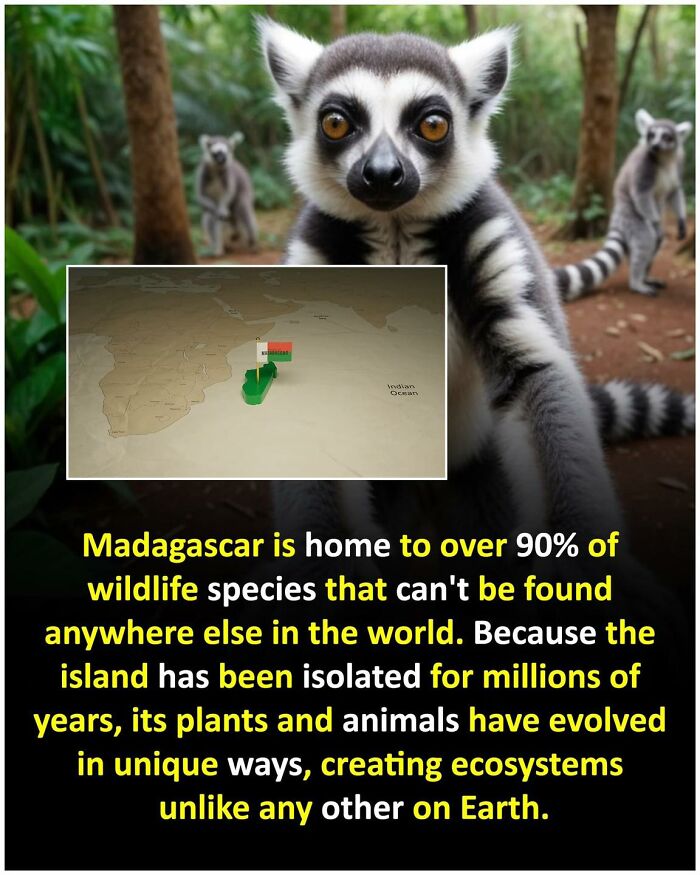
Image credits: Unusual Facts
#31
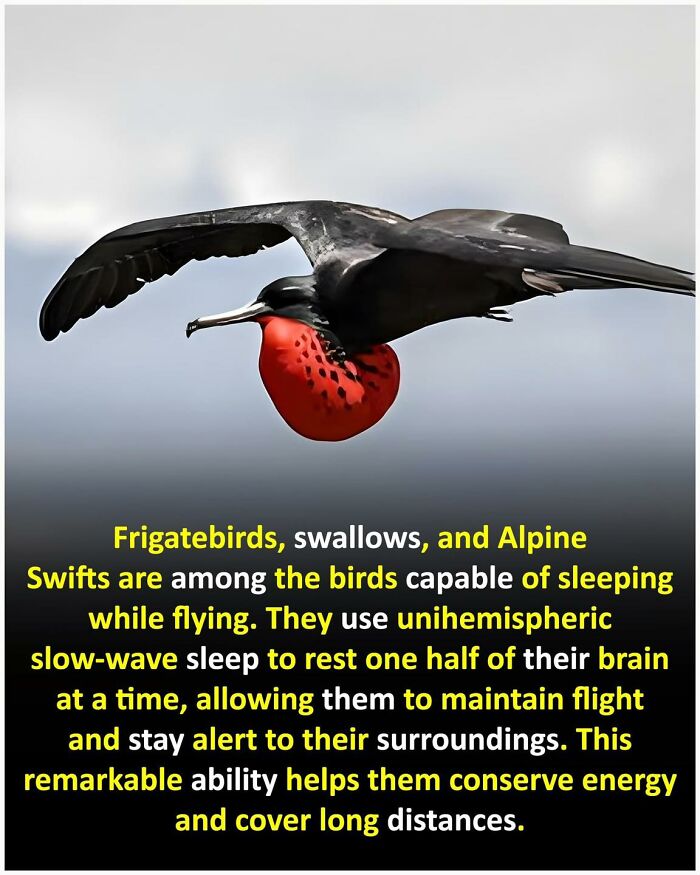
Image credits: Unusual Facts
#32

Image credits: Unusual Facts
#33

Image credits: Unusual Facts
#34

Image credits: Unusual Facts
#35

Image credits: Unusual Facts
#36

Image credits: Unusual Facts
#37

Image credits: Unusual Facts
#38

Image credits: Unusual Facts
#39

Image credits: Unusual Facts
#40

Image credits: Unusual Facts
#41

Image credits: Unusual Facts
#42

Image credits: Unusual Facts
#43

Image credits: Unusual Facts
#44
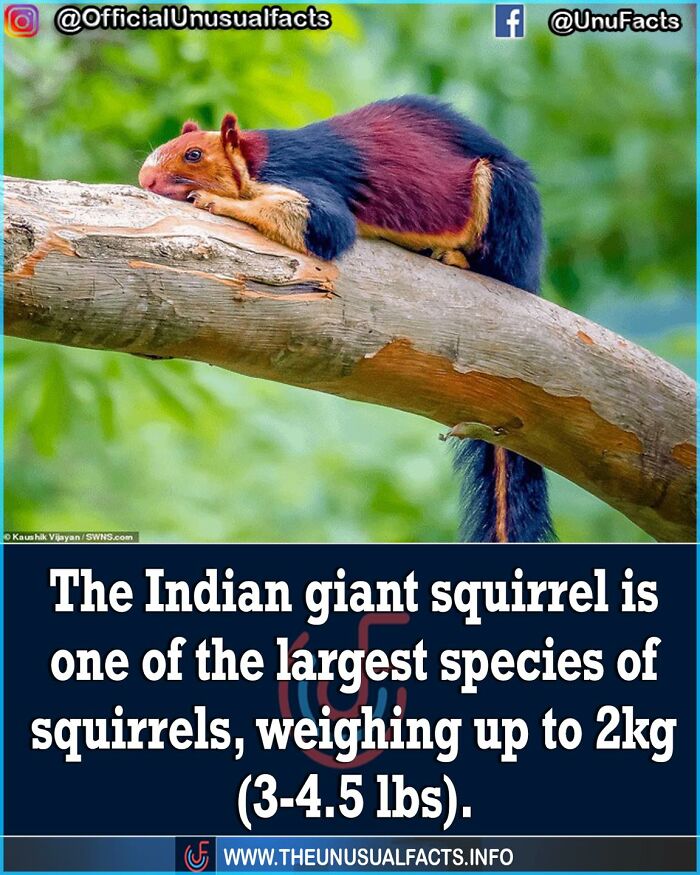
Image credits: Unusual Facts
#45

Image credits: Unusual Facts
#46

Image credits: Unusual Facts
#47

Image credits: Unusual Facts
#48
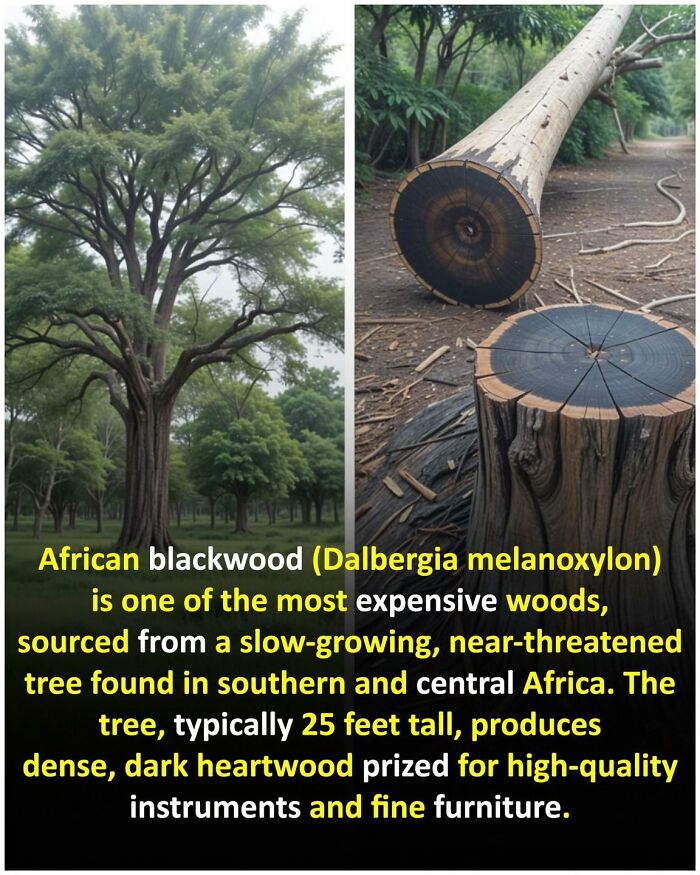
Image credits: Unusual Facts
#49
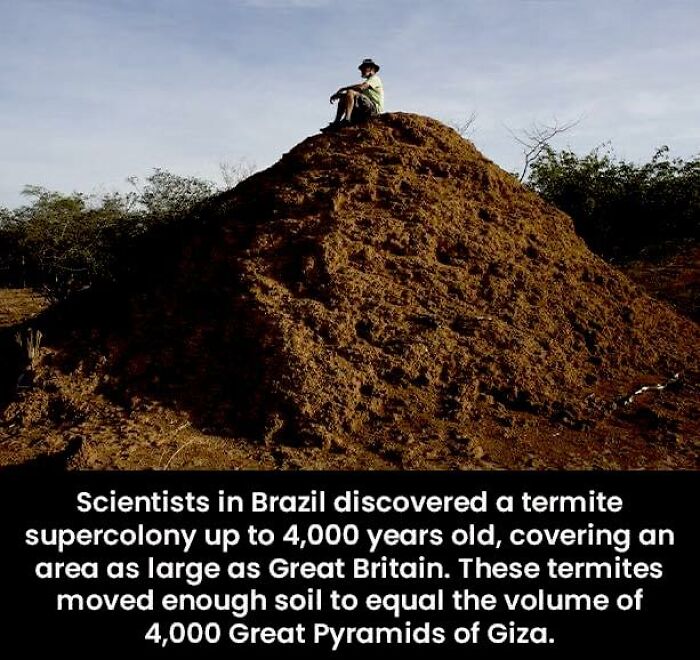
Image credits: Unusual Facts
#50

Image credits: Unusual Facts







